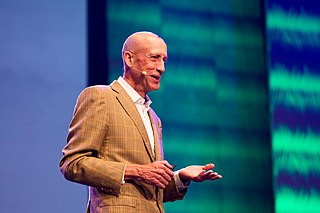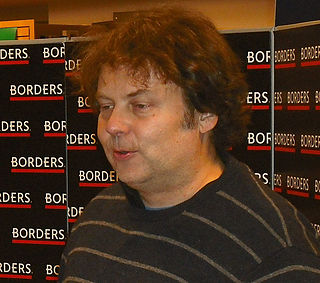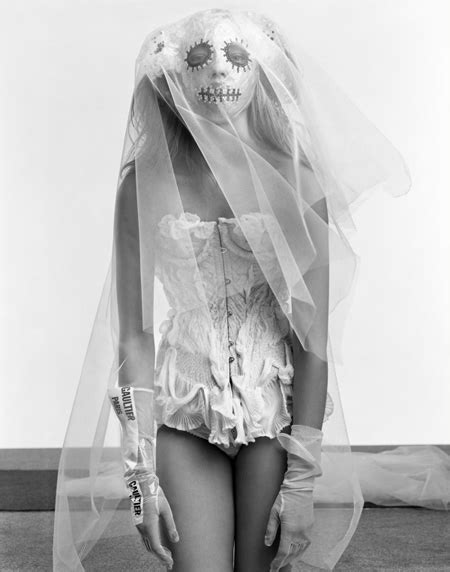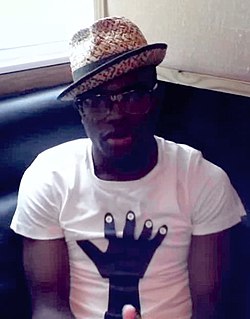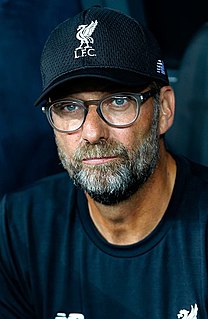A Quote by Graham Joyce
What I mean is this: you meet someone, you think about them. You're already changing because of the way you think about them. You meet them again, you think about them some more, you're changing again. And on it goes. You are changing right now. Before my eyes.
Related Quotes
I imagine that as contemporary music goes on changing in the way that I'm changing it what will be done is to more and more completely liberate sounds from abstract ideas about them and more and more exactly to let them be physically uniquely themselves. This means for me: knowing more and more not what I think a sound is but what it actually is in all of its acoustical details and then letting this sound exist, itself, changing in a changing sonorous environment.
I work with a lot of young people who have poems that are changing their lives, that they're eager to talk about, but every now and then when I meet someone, maybe someone of my parents' generation, and I tell them that I write poetry, they'll begin to recite something that they memorized when they were in school that has never left them.
Ever wonder how much patience you should have with someone, you know, before you lose your temper? Infinite. But careful now. That doesn't mean you have to wait for them, stay with them, or hang around them. Lord no, it just means that for as long as you choose to keep them in your life, understanding them, not changing them, is everything.
I think more about clicking the teeth, because I have to line them up just exactly right, and then I slam them down so they exactly meet. And I think I worry about that too much. I'm not thinking about remembering. Like, "Wow, that was a great moment went my son went trick-or-treating": click. "What was I supposed to remember?" That sort of thing.
Women are elephants and watch the way you say that in front of them because they'll think you're calling them fat and there's no coming back from that moment. But they hoard. They say they don't, but they do. We think that if something's not spoken about again, it goes away. It doesn't. Nothing goes away just like that.
The most important thing is that, when you work with somebody, you build a rapport with that person. They have a certain trust in you. You don't have to explain that much. It's very hard when you photograph someone who's a fresh face and then you don't work with them again for six months. All these people I work with over and over again have qualities that I love. There's something very free about them or there are some slight imperfections about them. I think the more you work with someone, the pictures get better and better.
I think people are having less of an investment in relationships. It used to be that you meet someone, you go on four or five dates and you gradually get to know them and trust them at the same time, and you learn a little bit about them. Now, it could be one date - maybe even before that first date - you go on Facebook have all the information.
Someone wanted me to write a profile for ESPN about the commissioner of baseball, and I said, "He's just some suit! Some Republican. No!" I mean if you want me to write about baseball, boxing or football, I'll write about those things because I watch them, I think about them a lot and I like them. But I don't want to write about Barry Bonds.
If, for example, I saw my grandparents or my daughter for an instant, would I recognize them? Probably not, because in looking so hard for a way to keep them alive, remembering them in the most minimal details, I have been changing them, adorning them with qualities they may not have had. I have given them a destiny much more complex than the ones they lived.
People ask me what my predictions are for publishing and how digital is changing things and I tell them my only real prediction is that is it's all changing. Amazon, Google and all of those things probably aren't the enemy. The enemy right now is simply refusing to understand that the world is changing.




